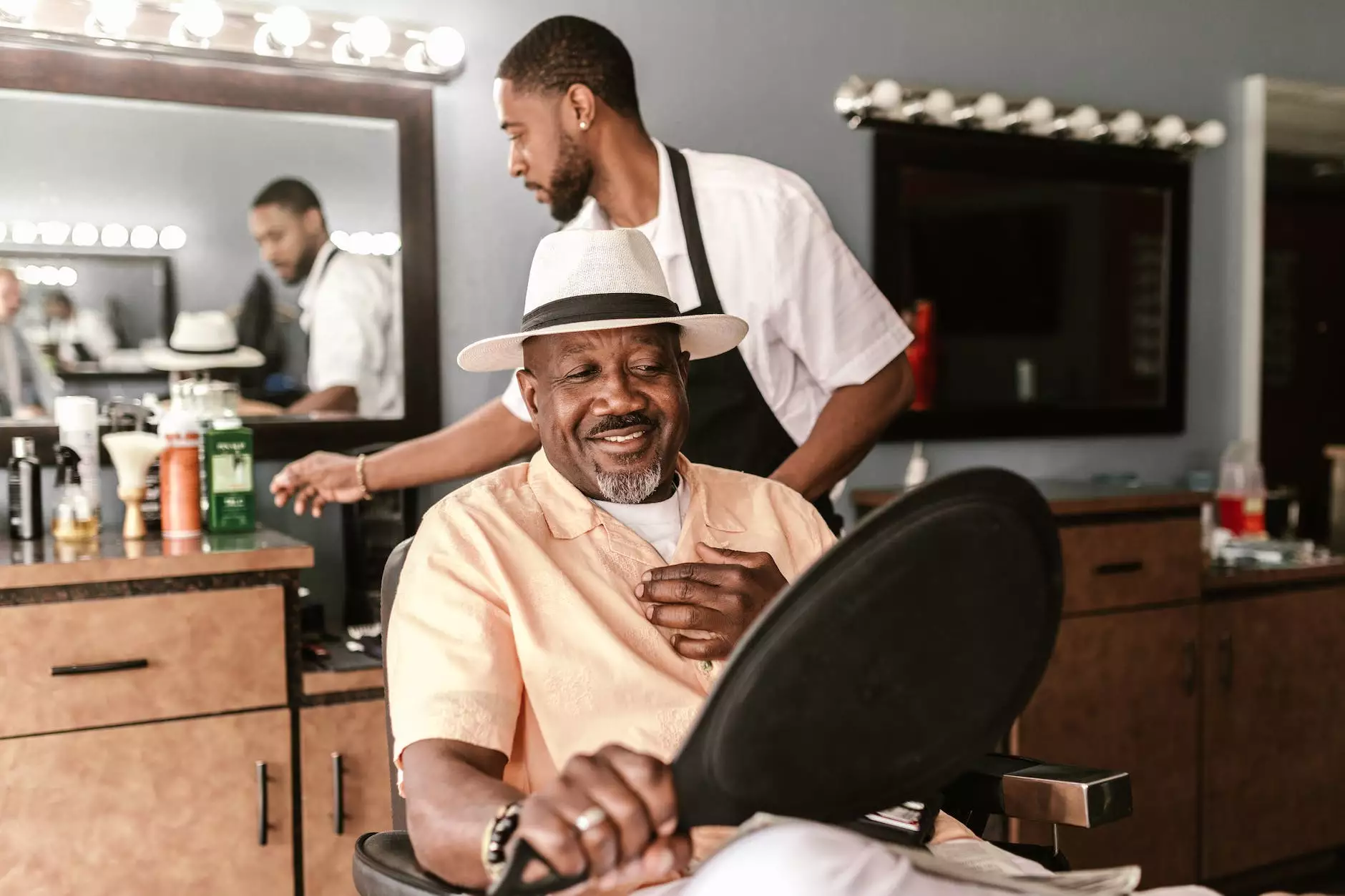Understanding the Salon Suite Lease: A Comprehensive Guide

In the dynamic world of the beauty industry, the salon suite lease has emerged as a transformative arrangement for beauty professionals seeking autonomy and flexibility. By leasing a salon suite, beauty specialists—ranging from hair stylists to nail technicians—can create their own branded environments while benefiting from shared resources. This guide delves deep into the intricacies of salon suite leases, exploring their significance, components, and how professionals can optimize their leasing experience.
What is a Salon Suite Lease?
A salon suite lease is a rental agreement specifically tailored for beauty professionals who wish to operate their own salon or spa within a dedicated space. Unlike traditional salons, which often require stylists to work under a shared brand and management, salon suite leases allow tenants to lease individual suites, enabling them to cultivate their unique brand identity.
The Benefits of Leasing a Salon Suite
Leasing a salon suite comes with a plethora of benefits, making it an appealing option for many beauty professionals.
- Independence: Professionals can set their hours, pricing, and services without corporate restrictions.
- Branding Freedom: The opportunity to create and promote a personal brand in an environment that reflects one's style and services.
- Lower Operational Costs: Shared facilities reduce expenses, while providing access to high-quality equipment and utilities.
- Enhanced Client Experience: A more intimate setting can lead to better client relationships and a personalized experience.
- Networking Opportunities: Being in a suite among other beauty professionals fosters collaboration and client referrals.
Key Components of a Salon Suite Lease Agreement
Understanding the key components of a salon suite lease is crucial for both landlords and tenants. Each lease will typically include the following items:
1. Premises
The lease must clearly define the premises being leased. For example, “Landlord hereby leases to Tenant, and Tenant hereby leases from Landlord, the premises located at [specific address].” This section outlines the suite’s specific location, which is vital for clarity.
2. Term of Lease
The term of the lease specifies the start and end dates of the agreement. This section can also outline renewal options or conditions for early termination, ensuring both parties understand their commitment duration.
3. Rent and Payment Terms
The rent amount should be explicitly stated, along with the due date for payments. It’s crucial for tenants to understand their obligations and for landlords to delineate the payment process clearly.
4. Security Deposit
A security deposit is typically required, safeguarding the landlord against damage or unpaid rent. The lease should specify the amount and the conditions under which it may be deducted or returned.
5. Utilities and Maintenance
Identifying responsibilities for utilities such as electricity, water, and internet services is essential. Often, tenants are responsible for their utility bills, which directly impacts their operational costs.
6. Use of Premises
The lease must specify the permitted use of the suite. Generally, it is limited to salon-related activities, so diversions from this use require written consent from the landlord.
7. Maintenance and Repairs
Maintenance guidelines ensure that tenants uphold the property’s condition, while also outlining the procedures for reporting and handling repairs.
8. Alterations
This section addresses whether tenants can make physical changes to the suite. Many leases require written consent to maintain the property’s integrity.
9. Termination Rights
Clearly stating the termination processes, including required notice periods for both parties, helps avoid disputes and misunderstandings at the lease’s end.
10. Default Conditions
Defining what constitutes a lease default is critical. This section provides guidelines for landlords regarding actions they may take if the tenant breaches lease terms.
Best Practices for Salon Suite Lease Tenants
For beauty professionals embarking on the journey of leasing a salon suite, here are some best practices to ensure a successful experience:
- Read the Lease Thoroughly: Before signing, take time to review all lease terms and consult with a legal professional if needed.
- Communicate Openly: Maintain open lines of communication with your landlord to establish a positive working relationship.
- Understand Your Financial Obligations: Be aware of all costs involved—including rent, utilities, and maintenance fees—to manage your cash flow effectively.
- Create a Business Plan: Develop a robust business strategy that includes your service offerings, branding, and marketing efforts to attract clients.
- Network and Collaborate: Engage with other professionals in the suite to share referrals and collaborate on events or promotions.
Navigating Challenges in Salon Suite Leases
While leasing a salon suite offers numerous advantages, it is not without its challenges. Here are some common issues and strategies to navigate them:
1. Understanding Lease Terms
Some tenants may find specific lease terms unclear. It’s advisable to ask the landlord for clarification or in-home discussions regarding any terms that seem ambiguous.
2. Client Management
Moving into a new suite can affect client relationships. Communicating the change to clients and ensuring a seamless transition is vital for retaining their loyalty.
3. Marketing Your Space
Effective marketing is crucial. Utilize social media, local partnerships, and community engagement to attract clients to your new salon suite.
4. Maintaining Professionalism
Operating independently requires a high level of professionalism. Being punctual, maintaining cleanliness, and delivering high-quality services are essential for client satisfaction.
Conclusion
Salon suite leases offer beauty professionals an exciting opportunity to thrive while running their businesses independently. By understanding the components of a lease, adhering to best practices, and navigating potential challenges, leaseholders can create a successful salon environment that reflects their unique vision and meets their clients' needs. Whether you’re a rookie or a seasoned pro, a well-understood lease can significantly impact your salon business's success.
For those interested in exploring or starting their own salon suite journey, consider connecting with reputable leasing companies to find the perfect space that meets your professional objectives.






